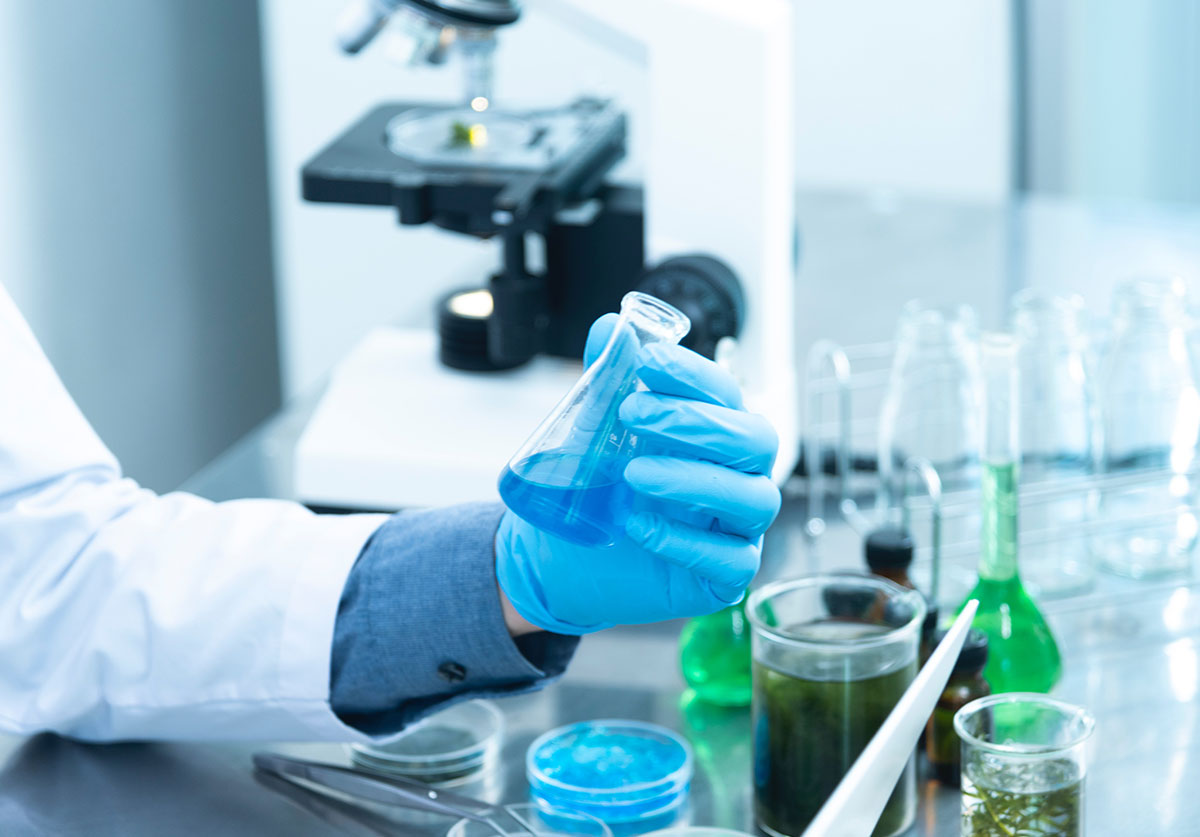-
Home
-
Academics
- B.E.(Manufacturing Engineering)
- M.Sc.(Mathematics)
- M.Sc.(Chemistry)
- M.Sc.(General Studies)
- M.Sc.(Biological Sciences)
- M.Sc.(Physics)
- M.Sc.(Economics)
- B.E.(Mechanical)
- B.E.(Civil)
- B.E.(Electronics and Instrumentation)
- B.E.(Electronics and Communication)
- B.E.(Electrical and Electronics)
- B.E.(Chemical)
- B.Pharm.(Pharmacy)
- B.E.(Computer Science)
- M.E.(Sanitation Science, Technology and Management)
- M.E. Chemical Engineering (with specialization in Petroleum Engineering)
- M.E.(Chemical)
- MBA(Master of Business Administration In Business Analytics)
- Master in Public Health
- M.Sc. General Studies – Communication and Media Studies Stream
- M.E. (Mechanical with specialization in Thermal Engineering)
- M.E.(Software Systems)
- M.E. M.Pharm
- M.Pharm.(Pharmacology)
- M.Pharm.(Pharmaceutics)
- M.Pharm.(Pharmaceutical Chemistry)
- M.Pharm.(Pharmacy)
- M.E.(Design Engineering)
- M. E. Computer Science with Specialization in Information Security with B.Sc. input
- M.E.(Microelectronics)
- M.E.(Mechanical)
- M.E.(Manufacturing Systems Engineering)
- M.E.(Embedded Systems)
- M.E. Electronics & Control
- M.E.(Computer Science)
- M.E.(Communication Engineering)
- M.E. Civil – Water Resource Engineering
- M.E.(Civil with specialization in Transportation Engineering)
- M.E.(Civil with specialization in Structural Engineering)
- M.E.(Civil with specialization in Infrastructure Engineering and Management)
- M.E.(Biotechnology)
- M.E.(Environmental Engineering)
- Admission
- Research & Innovation
- Department
- Faculty
-
Students
- Centers
-
Alumni
- Quick Links









